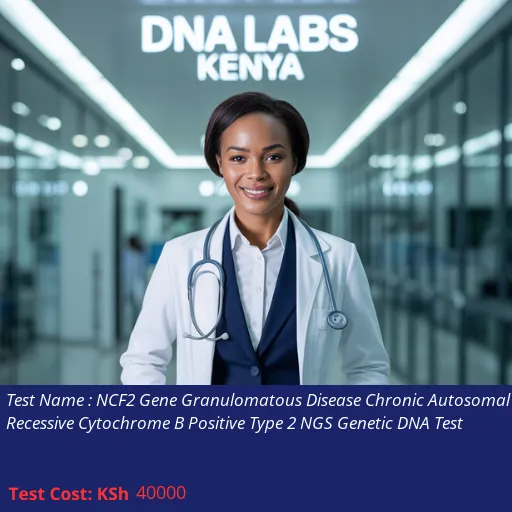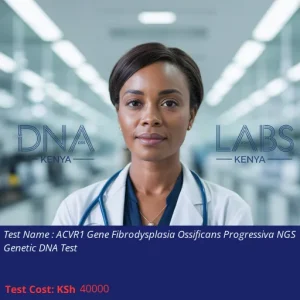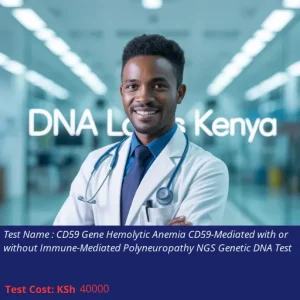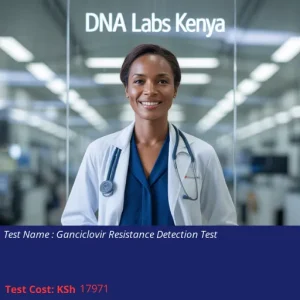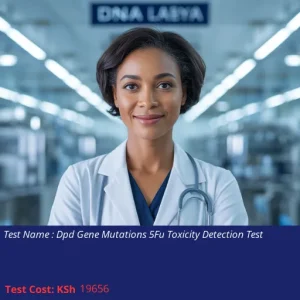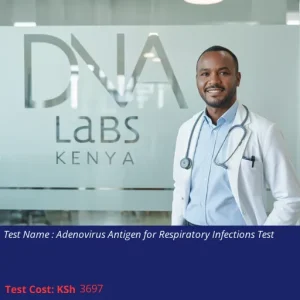NCF2 Gene Granulomatous Disease Chronic Autosomal Recessive Cytochrome B Positive Type 2 NGS Genetic DNA Test
Introduction to the NCF2 Gene Test
The NCF2 Gene Granulomatous Disease Chronic Autosomal Recessive Cytochrome B Positive Type 2 NGS Genetic DNA Test is a specialized genetic test that plays a vital role in diagnosing granulomatous diseases. This test utilizes Next Generation Sequencing (NGS) technology to identify mutations in the NCF2 gene, which can lead to chronic inflammatory conditions.
What the Test Measures
This test detects genetic variations in the NCF2 gene that are associated with granulomatous diseases. By analyzing the DNA, healthcare providers can determine whether a patient has inherited mutations that predispose them to these conditions.
Who Should Consider This Test?
Individuals with a family history of granulomatous diseases or those exhibiting chronic symptoms such as:
- Persistent skin lesions
- Recurrent respiratory infections
- Autoimmune disorders
are encouraged to consider this test. Risk factors include a family history of similar conditions and symptoms that suggest a genetic predisposition.
Benefits of Taking the Test
- Early diagnosis of potential genetic disorders.
- Informed decision-making regarding treatment options.
- Family planning insights through genetic counseling.
Understanding Your Results
Results from the NCF2 Gene test will provide information on any identified mutations. A genetic counselor will help interpret these results, guiding you on the next steps based on your genetic profile.
Test Pricing
| Test Name | Discount Price | Regular Price |
|---|---|---|
| NCF2 Gene Granulomatous Disease Test | 40,000 KSh | 56,000 KSh |
Book Your Test Today!
We have branches across Kenya and offer a convenient home sample collection service. To book the NCF2 Gene Granulomatous Disease Test or for more information, please call or WhatsApp us at +254746286171.
Test Details
Turnaround Time: 3 to 4 Weeks
Sample Type: Blood or Extracted DNA or One Drop Blood on FTA Card
Pre-Test Instructions: A clinical history of the patient and a genetic counseling session to draw a pedigree chart of affected family members are required.
This test is particularly relevant for patients under the care of specialists such as dermatologists and those in the genetics department, focusing on osteology, dermatology, and immunology disorders.

